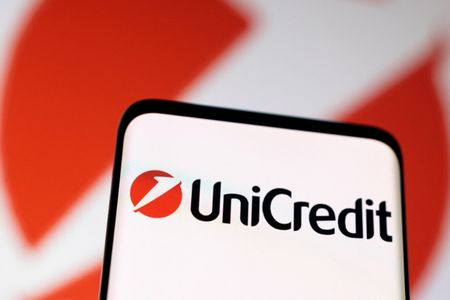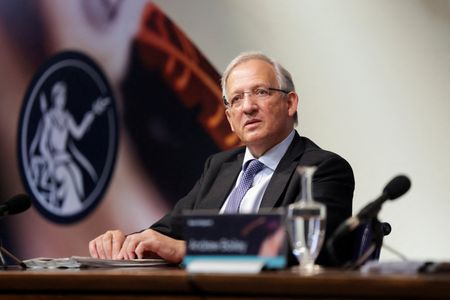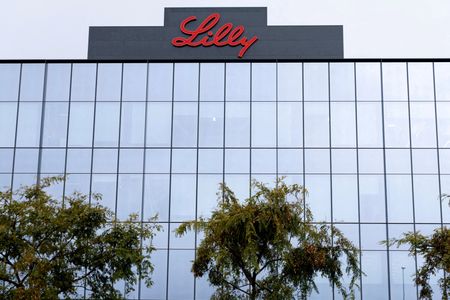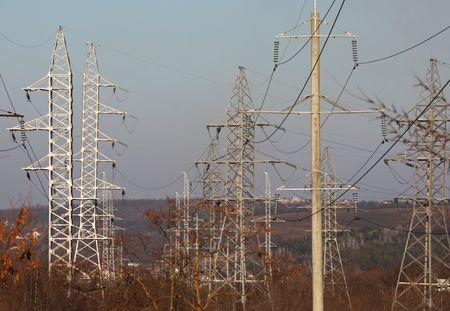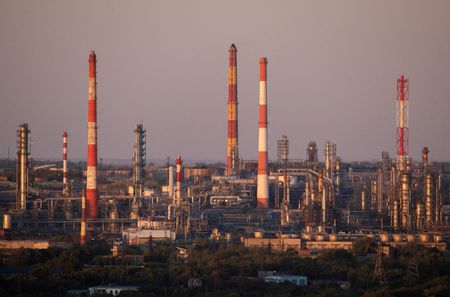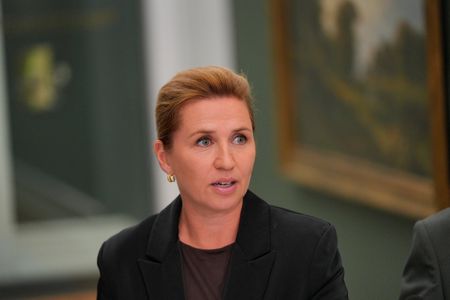By Valentina Za
MILAN (Reuters) – UniCredit CEO Andrea Orcel on Wednesday named Poland, alongside Italy and Germany, as the countries where a merger or acquisition could most benefit the bank.
Since joining UniCredit in 2021 after a three-decade investment banking career focused on bank M&A, Orcel has said the Milanese lender would consider deals across its 13 markets.
UniCredit’s bid for Italy’s Banco BPM fell through earlier this year, while Germany is opposed to a deal with Commerzbank, in which UniCredit holds a 26% equity stake plus 3% in derivatives. The derivatives are set to convert by year-end, bringing UniCredit’s holding to 29%.
UniCredit also owns 26% of Greece’s Alpha Bank, partly through derivatives, with regulatory clearance to increase that up to 29.9% expected in the fourth quarter.
Orcel told investors at a BofA Securities conference that Italy, Germany and Poland were the markets where M&A “would make very material change to our equity story … a quantum difference in what we are and what is our profitability.”
Italy and Germany are UniCredit’s largest markets.
“Poland is the trickiest, because by not being there and going organic, we don’t have synergies, or we have more limited synergies than an in-market deal,” he added.
UniCredit exited Poland when it sold Bank Pekao in 2016-2019. Commerzbank owns Poland’s MBank.
Following the collapse of the Banco BPM deal, UniCredit will expand its domestic market share without M&A. It can sit on its Commerzbank stake, having capped any potential loss and locked in a 20% return on the investment.
“We’re just waiting … if things go well, we can’t be happier,” he said. “We can just sit there, we’re no longer hostage of the market,” he said in reference to the Commerzbank stake.
Orcel said various equity stakes UniCredit had acquired in recent months, plus the full ownership of its life insurance business, cost up to 6.75-7.5 billion euros of capital it holds above its targeted threshold.
But he said the net income boost from the stakes, and another accounting benefit related to its insurance business, increased the excess capital to 10-11.5 billion euros, meaning up to 4.5 billion could be used to improve an ordinary cash-and-share payout of 80%.
The bank will decide between 2028 and 2030 how to use the excess capital, or return it to shareholders.
($1 = 0.8445 euros)
(Reporting by Valentina Za, editing by Cristina Carlevaro and Jane Merriman)

